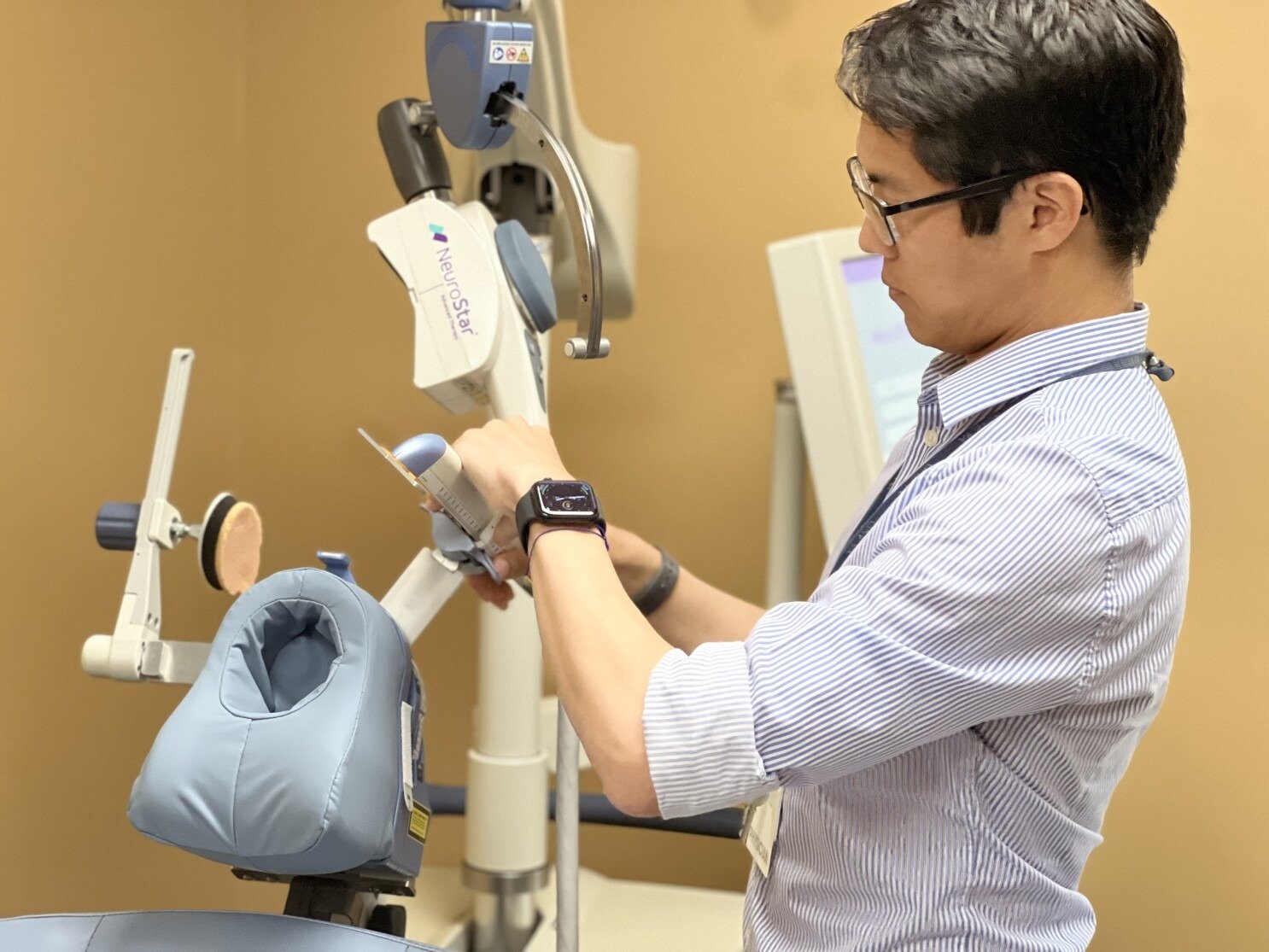Magnetic stimulation of the brain Olympia is becoming renowned as a cutting-edge depression therapy that more and more Olympians are adopting. A combination of persistent misunderstandings about TMS itself and scientific promise sits at the core of this rise. For those dealing with depression, Creative Wellness TMS in Olympia is a standard for compassionate, evidence-based treatment where the objective is not merely therapy but also clarity and community empowerment.
Contents
- 1 Myth 1: TMS Is Experimental or Unproven
- 2 Myth 2: TMS Works Like Electroconvulsive Therapy (ECT)
- 3 Fact: TMS Is Safe, Well-Tolerated, and Has Minimal Side Effects
- 4 Fact: TMS Is Effective—Supported by Substantial Research
- 5 What Science Says: Mechanism and Ongoing Advances
- 6 Conclusion: Informed Choice and Hopeful Future
Myth 1: TMS Is Experimental or Unproven
One recurring misperception is that transcranial magnetic stimulation Olympia is still an untested, experimental procedure. Actually, TMS has FDA approval to treat severe depressive illness, including instances that are resistant to drugs and treatment. It has been demonstrated to be a reliable aspect of current mental therapy over many years and numerous clinical trials; Creative Wellness TMS and other Olympia clinics base their operations on solid facts.
Myth 2: TMS Works Like Electroconvulsive Therapy (ECT)
Some residents are apprehensive that TMS might be like ECT, which is usually connected to tiredness and memory loss. The science sets TMS distinct, however, since it is non-invasive and doesn’t need direct brain current, anesthesia, or shocks. The mild magnetic pulses only target select brain regions connected to mood management, and patients remain awake and attentive during each session. Patients at trustworthy depression treatment Olympia providers often refer to the fact that there is no impairment in memory or cognition.
Fact: TMS Is Safe, Well-Tolerated, and Has Minimal Side Effects
The positive safety profile of TMS is one of its most persuasive features. TMS avoids the systemic adverse effects of many antidepressants, including weight gain, weariness, and sexual dysfunction, by not interacting with the whole body as standard drugs do. Brief headaches or discomfort in the scalp are examples of modest side effects that generally go away fast. Because this reason, TMS is a suitable solution for people who have faced troubles with medication intolerances when conducting depression treatment Olympia.
Fact: TMS Is Effective—Supported by Substantial Research
The research proving TMS’s efficacy is significant. Research suggests that TMS therapy, including at Olympia clinics, may greatly relieve symptoms for around half of patients with depression who do not respond to medication. Remission rates are much greater than placebo, according to scientific papers and clinical studies, and many patients continue to enjoy long-lasting benefits for months or even years. This worldwide consensus is reflected at Creative Wellness TMS, where each person is treated according to evidence-based criteria.
What Science Says: Mechanism and Ongoing Advances
According to study, TMS affects parts of the brain, especially the prefrontal cortex, which is in charge of mood, motivation, and emotion management, by transmitting magnetic pulses. These pulses help in bringing depressed brain circuits to normal functioning. Recent breakthroughs in TMS technology have created enhancements like “deep TMS” and revised procedures, which have boosted success rates even higher and made persons with complicated or treatment-resistant depression eligible. By keeping up with these advances, Olympia’s TMS clinics aid guarantee that patients in the area obtain the greatest therapy available.
Conclusion: Informed Choice and Hopeful Future
In Olympia, patients who are seeking transcranial magnetic stimulation for depression benefit the most by being well-informed and aware about science. TMS is a well-tolerated, extremely effective, and long-lasting therapy for many patients with depression; it is neither experimental nor obtrusive. In actuality, services such as Creative health TMS foster these realities by offering individuals and families seeking mental health with comfort and confirmed confidence. Demystifying TMS will allow more Olympians to confidently seek life-altering treatment that is anchored in science and compassion.
